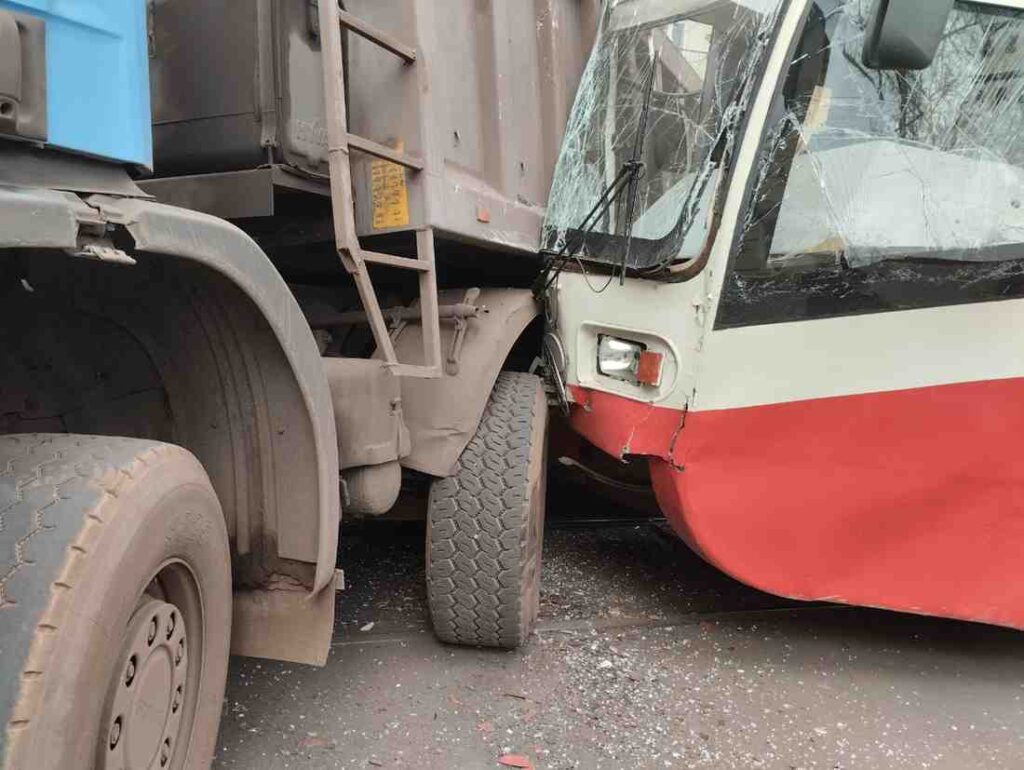Table of Contents
ToggleTruck accidents can cause significant inconveniences, often resulting in severe injuries, property damage, and even loss of life. In these situations, you might be wondering what legal steps to take. One crucial step in building a strong personal injury case after a truck accident is accident reconstruction. But when exactly is accident reconstruction necessary? Our team at Altman Nussbaum Shunnarah will explain the role of accident reconstruction and the situations where it can be vital for your case.

What is Accident Reconstruction?
Accident reconstruction is a scientific process that uses evidence, physics, and engineering principles to determine how and why an accident occurred. For truck accidents, this process involves examining the vehicles involved, the accident scene, and any available data to piece together the events leading up to, during, and after the crash. Experts who perform accident reconstructions use a variety of tools and techniques. These may include physical evidence analysis (skid marks, vehicle damage, debris patterns), witness statements, police reports, photos and videos of the scene, data from the vehicle “black boxes” or Electronic Control Modules (ECMs), computer simulations, and 3D scanning technology. Reconstructionists can create a detailed picture of the accident, often determining factors like vehicle speeds, points of impact, and the sequence of events.
When is Reconstruction Necessary?
Not every truck accident case requires a full reconstruction. However, there are several situations where it becomes essential:
- Disputed Liability
One of the most common reasons for accident reconstruction is when there is a disagreement about who is at fault. In truck accident cases, multiple parties could be liable – the truck driver, the trucking company, other drivers, or even manufacturers of faulty parts. When liability is contested, a thorough reconstruction can provide clear, scientific evidence to support or refute claims. For example, if a truck driver claims they were cut off by another vehicle, causing them to swerve and jackknife, reconstruction can verify or disprove this account. Analyzing skid marks, vehicle positions, and other data can determine if the truck’s movement aligns with the driver’s story.
- Serious Injuries or Fatalities
When a truck accident results in severe injuries or deaths, the stakes are much higher. These cases often involve substantial compensation claims, making it crucial to understand exactly what happened. Reconstruction can provide vital insights into the forces involved in the crash, helping to explain the severity of injuries and linking them directly to the accident. In fatal accidents, reconstruction becomes even more critical. It may be the only way to piece together events when no surviving witnesses or accounts are conflicting. This information not only aids in determining fault but can also bring closure to grieving families.
- Complex Accident Scenarios
Some truck accidents involve complicated scenarios that are difficult to understand without detailed analysis. These include multi-vehicle pileups, accidents in challenging weather conditions, and crashes involving mechanical failures. For instance, if a truck loses control on an icy highway and collides with several other vehicles, reconstruction can help determine whether the truck driver was speeding for the conditions, whether other drivers contributed to the accident, or whether road maintenance was a factor. This level of detail is often crucial in building a strong legal case.
- Inconsistent or Unclear Evidence
Sometimes, the available evidence from an accident scene does not paint a clear picture. Witness statements might contradict each other, or physical evidence at the scene might be confusing or incomplete. In these cases, accident reconstruction can fill in the gaps and make sense of conflicting information. Reconstructionists can use scientific principles to test different scenarios and see which best matches the available evidence. This process can uncover facts that might not be apparent from initial investigations.
- Potential Vehicle Defects
Reconstruction becomes vital if there is suspicion that a vehicle defect contributed to the accident. This could involve issues with the truck’s brakes, steering, tires, or other critical components. Reconstruction experts can analyze the vehicle’s performance and compare it to expected standards, potentially uncovering manufacturing defects or maintenance issues. For example, if a truck’s brakes failed, reconstruction can determine if this was due to poor maintenance, a manufacturing defect, or driver error. This information can be crucial in determining liability, especially if a product liability claim against a manufacturer is a possibility.
Contact an Experienced Truck Accident Attorney
Understanding when and why reconstruction might be necessary is important for anyone involved in a truck accident case. Contact our legal team at Altman Nussbaum Shunnarah for legal help today.




